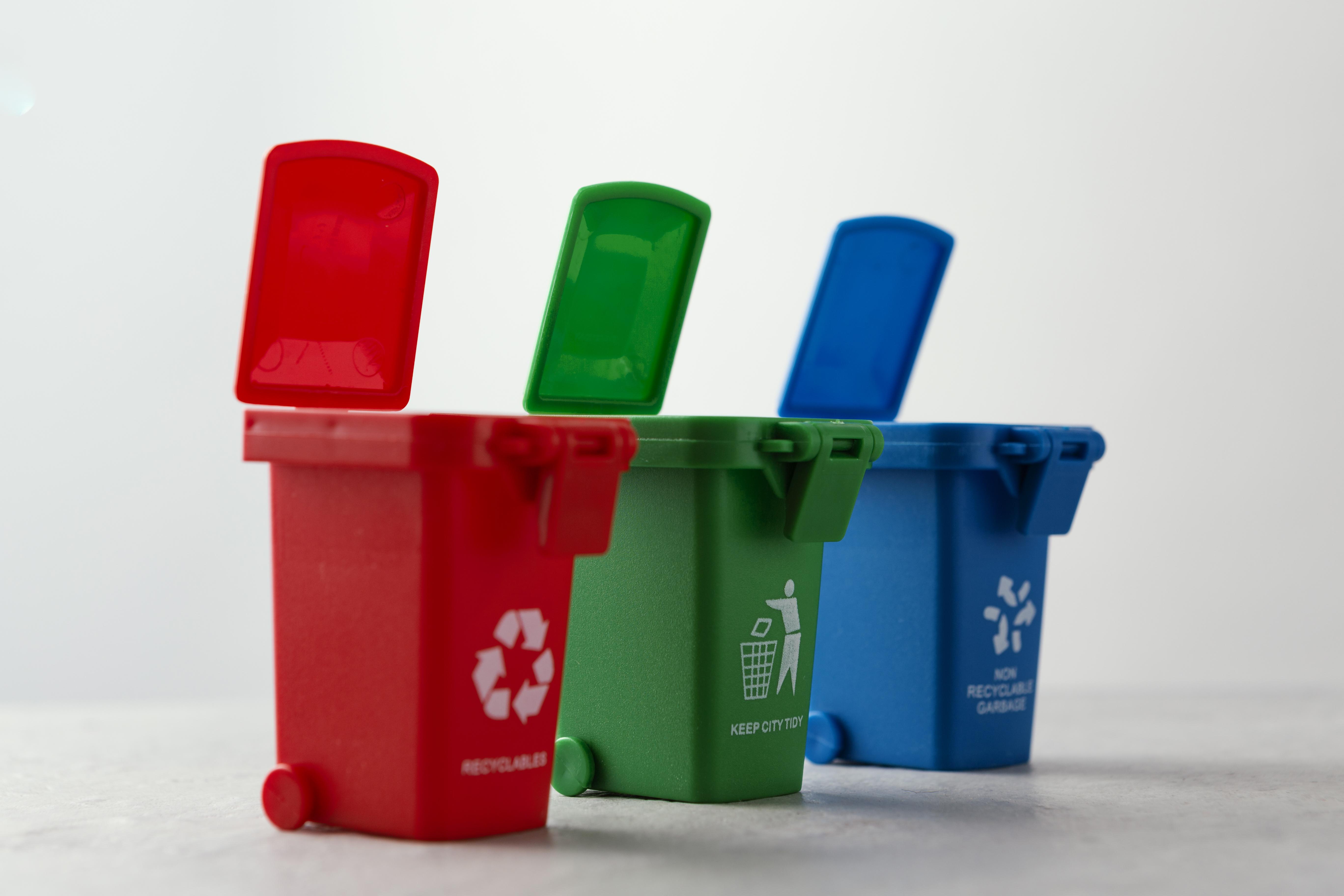Closing the Loop on Food Waste: How Compass Group is Making a Sustainable Impact with the Eco 5

Why the Eco 5?
With a strong commitment to sustainability, Compass Group sought an efficient solution to reduce food waste. The Eco 5 stood out as a compact and user-friendly option that seamlessly integrated into their kitchen operations. "The Eco 5 is very easy to use," the team shared, highlighting its convenience and effectiveness in their workflow.
Turning Waste into Value
Since implementing the Eco 5, Compass Group has been running between 10 to 16 cycles per week, diverting approximately 40 to 60kg of food waste from landfill. By drying some food waste overnight in ovens, they’ve also been able to streamline their processing, allowing for larger and quicker cycles. While the exact amount of soil amendment produced varies, it’s estimated that between 4 to 6kg of fertiliser is generated each week from the process.
But the impact goes beyond the numbers. The team has noticed a significant shift in awareness around food waste. “More than anything, it has made us aware of how much waste we are producing,” they said. This heightened awareness has also influenced behaviour, with staff now more considerate about what is being discarded.
Closing the Loop with a Circular Economy Approach
Compass Group is setting a leading example of a closed-loop sustainability system, transforming food waste into a valuable resource. By taking proactive steps to reduce waste and reinvest its byproducts, they are not just minimising their environmental impact but actively enriching it. The nutrient-rich soil amendment produced by the Eco 5 is already being utilised in their onsite garden to enhance soil health. Their commitment to closing the loop reinforces a truly circular economy, where waste is repurposed into new opportunities rather than discarded.
A Step Towards a Greener Future
For Compass Group, adopting the Eco 5 has been more than just a waste reduction initiative - it has sparked a broader conversation around sustainability in their operations. As they continue to explore innovative solutions, their experience highlights the potential for food waste technology to drive real change, not just in reducing landfill contributions but also in fostering a more conscious and responsible approach to food waste management.
With businesses like Compass Group leading the way, the future of food waste looks increasingly sustainable - one dehydrator cycle at a time.




